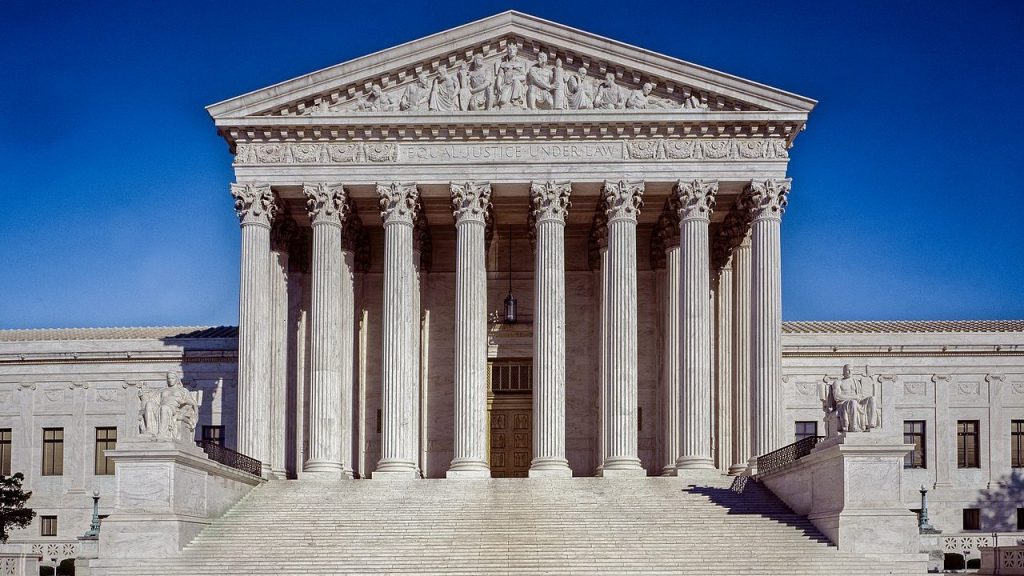How broken is the U.S. system of government?
Constitutional government is like a competition with no referee, where the two sides have to be willing to play fair with each other to keep the game going, according to Richard Primus.

The United States Supreme Court has ended its term with a flurry of opinions. It has removed protections for reproductive rights, struck down longstanding restraints on concealed handgun rights, and further limited the EPA’s power to regulate climate change and other pollution.
A recent Gallup poll shows about 25% of Americans now say they have a “great deal” or “quite a lot” of confidence in the Supreme Court — the lowest in the 50 years that Gallup has been asking the question. With citizens losing confidence in the country’s institutions, the idea that democracy is in trouble has taken on a more serious dynamic.
“Stable democracies with wide participation in fair elections — they’re not the norm in human history.” — Richard Primus, University of Michigan
Listen: How the recent rulings of the Supreme Court fit into the current state of our democracy.
Guest
Richard Primus is a constitutional law professor and historian at the University of Michigan Law School. He says stable democracies are both competitive and cooperative at the same time and cannot work unless the participants agree to accept some loses as a way of encouraging the other side to accept its loses.
“Stable democracies with wide participation in fair elections — they’re not the norm in human history,” says Primus. “We’ve (had) a lot of strain in the last couple of years and I don’t think it’s a thing we can take for granted going forward. It’s a thing that will survive only if a lot of people work hard to make it survive.”
Trusted, accurate, up-to-date.
WDET strives to make our journalism accessible to everyone. As a public media institution, we maintain our journalistic integrity through independent support from readers like you. If you value WDET as your source of news, music and conversation, please make a gift today.
